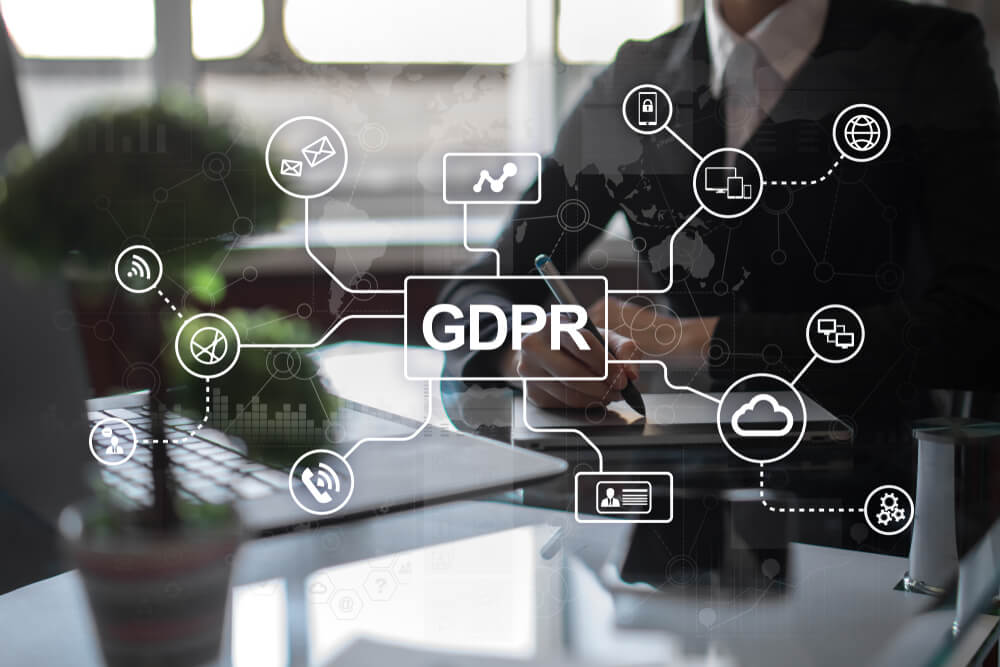GDPR’s Chilling Effect on Cybersecurity

The European Union (EU) may unintentionally be giving cyber criminals a helping hand. The EU’s well-intentioned efforts to promote data privacy through its newly launched General Data Protection Regulations (GDPR) have also put handcuffs on the efforts of cybersecurity professionals to protect individuals and organizations from hackers. Unless global Internet authorities and infosec professionals are able to achieve a rapprochement with the EU, black hats may gain unprecedented advantages over white hats. Otherwise, the cybersecurity community will have to develop new approaches to protecting individuals and enterprises against hackers.
What Is GDPR?
The EU’s GDPR mandate requires its National Data Protection Authorities ("DPAs") to enforce how organizations handle the personal data of the EU citizens. The law came into force on May 25, 2018. Companies and institutions incorporated in the EU countries will be responsible for the proper protection of personal data they collect and maintain. Most of the companies will also have to modify the ways in which they relate with customers in terms of the data, and what they should do in the event of a data breach...
This white paper highlights
- What Is GDPR?
- GDPR Throws Cybersecurity into Disarray
- If ICAAN, Hackers Can Too
- GDPR Carries A Big Stick
- WHOIS May Become a Dispensable Tool for Infosec
- ICANN Explores Alternatives
- Planning for a Future without WHOIS



































